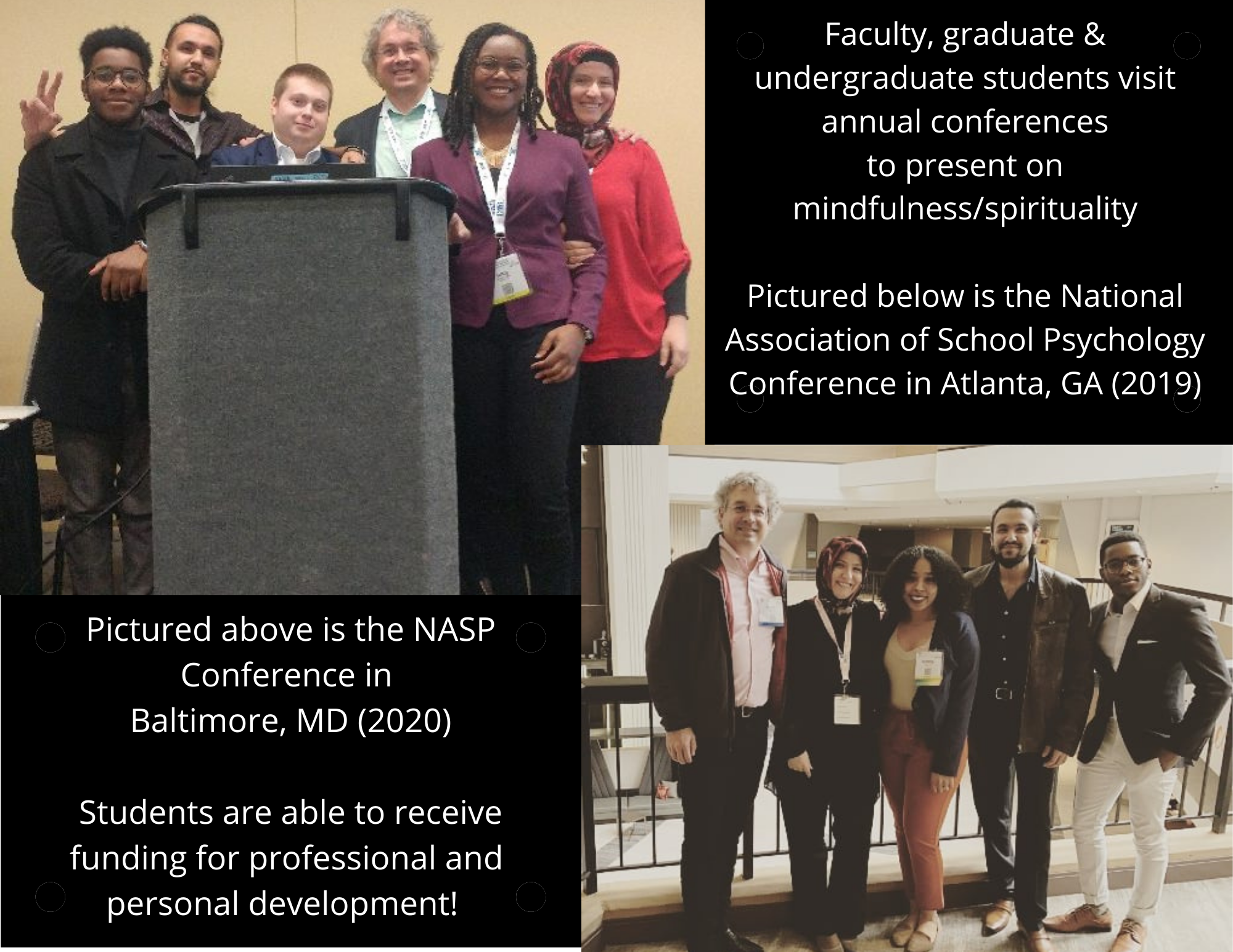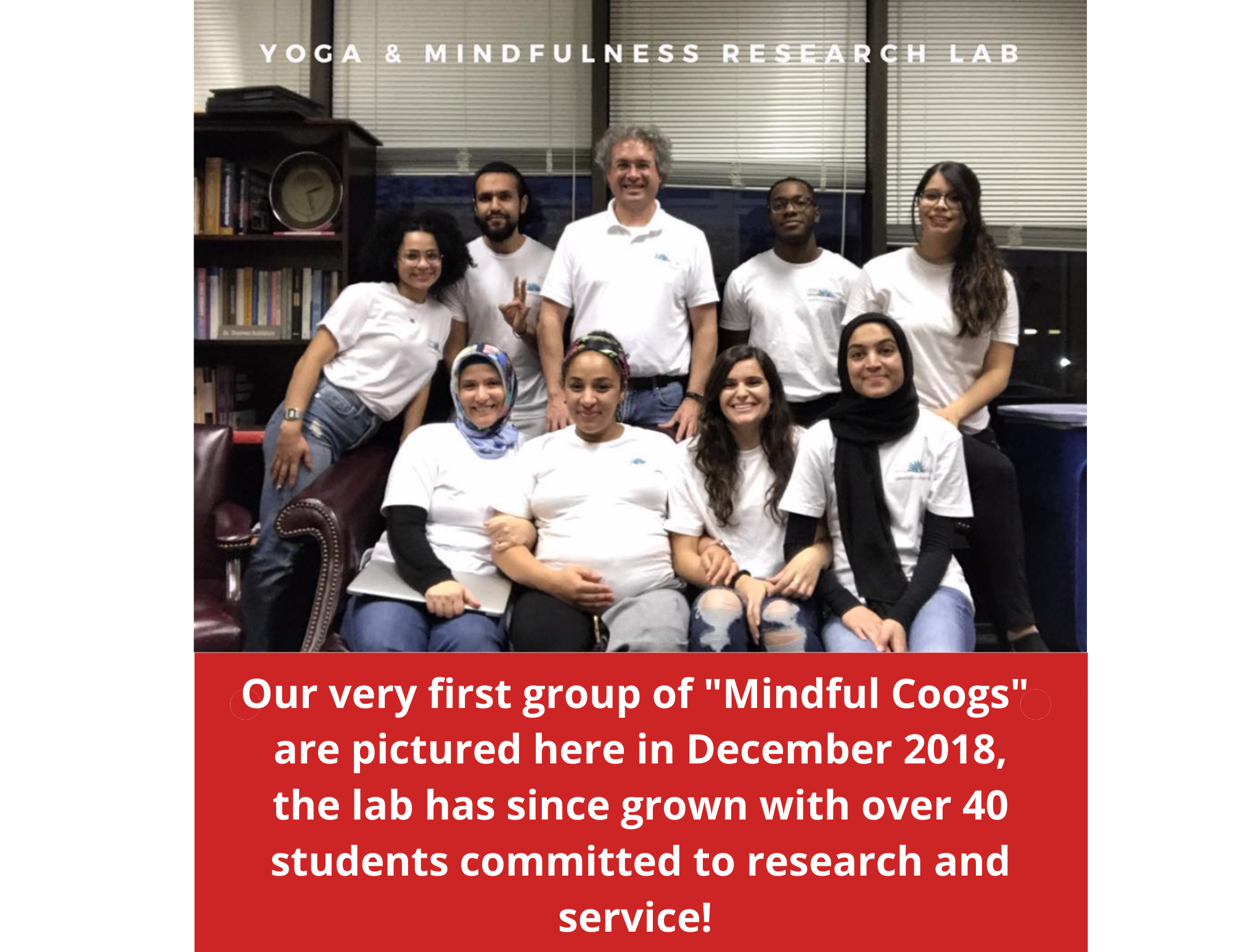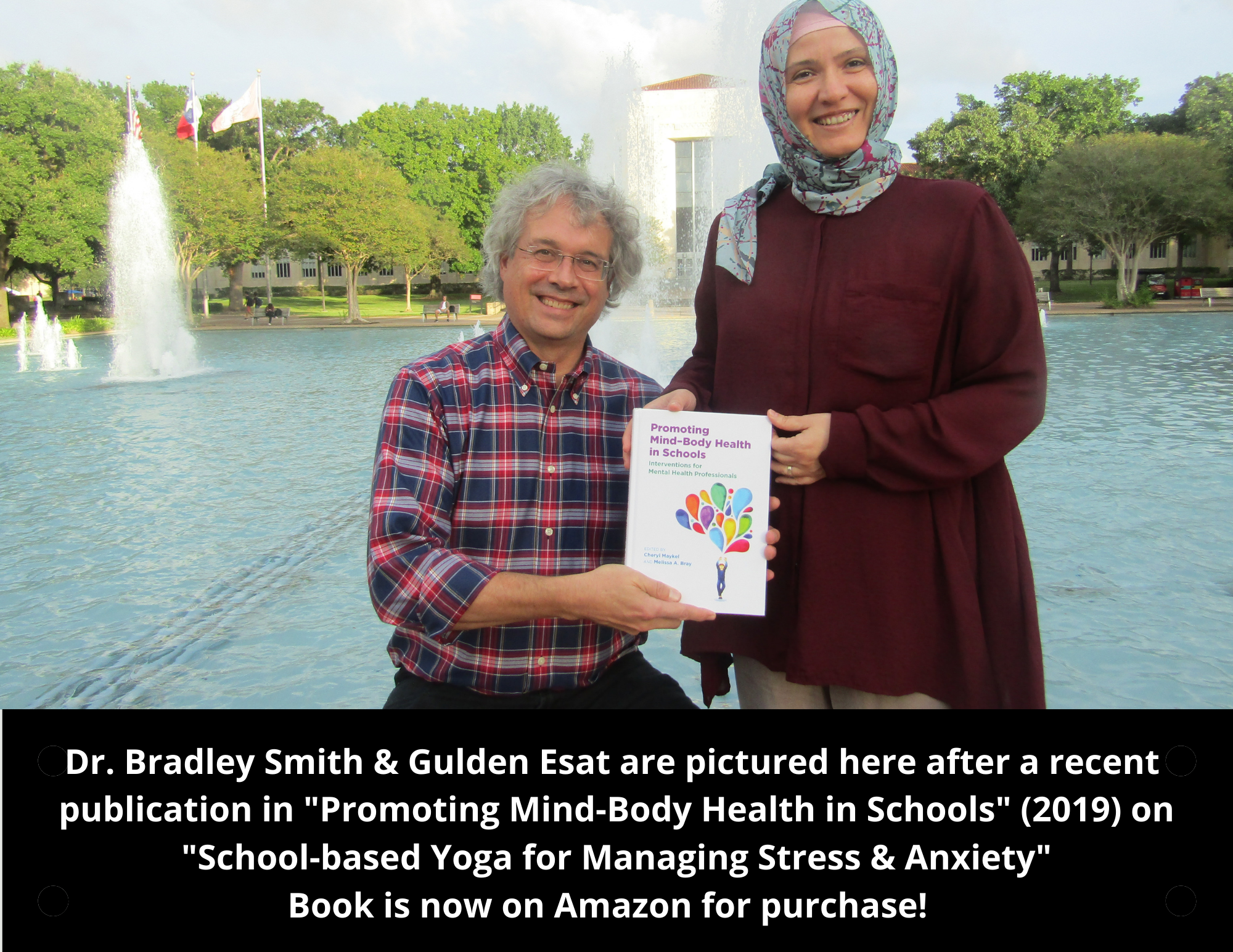
What is Mindfulness?
Mindfulness is a purposeful way of living life with a constant strive towards cultivating a nonjudgmental awareness of internal and external experiences occurring in the present moment.
Strategies to Cultivate Mindfulness
Finding a purpose in life through identifying what your core values are, exploring your spiritual worldview & serving your community (mindful action).
Meditating regularly for introspection and self-awareness (meditation can also include activities such as prayer and connecting with a Transcendent dimension).
These practices help with our kinesthetic awareness (awareness of physical self), acknowledging our feelings (awareness of emotional self), connecting with our deeper selves (awareness of spiritual self) and translating these practices towards intra and interpersonal behaviors (awareness of social/communal self).
Enjoying life!
At its most fundamental level; living in a more ‘mindful’ manner as opposed to a ‘mind full’ manner helps us notice things we may otherwise take for granted such as the changing of the colors of the trees (sense of sight), the cool refreshing breeze (sense of touch), the aroma of chocolate or other fragrances (sense of smell), singing of the birds (sense of hearing) and the sweet delicious flavor of ice cream (sense of taste).
Accepting life.
Developing clarity about our values and how to navigate right/wrong actions, but always with a nonjudgemental perspective which allows us to see the ‘bigger picture.’
Acknowledging components in our environment (both positive and negative) and mobilizing ourselves to instantiate meaningful growth and change.
Embracing compassion towards ourselves and others (loved ones, acquaintances & strangers), even if they perform less than perfect (or whatever preconceived judgement we have on how they ought to behave).
Mindfulness meditation is a mental training practice that teaches you to slow down racing thoughts, let go of negativity, and calm both your mind and body.
How to Sit for Mindfulness Meditation:
Take your seat. Wherever you’re sitting- a chair, a cushion, park bench- find a spot that gives you a stable, solid seat.
Notice what your legs are doing. If on a cushion on the floor, cross your legs comfortably in front of you. If you’re in a chair have your feet touch the floor.
Straighten but don’t stiffen your upper body. The spine has a natural curvature. Let your head and shoulders rest comfortably at the top of your vertebrae.
Situate your upper arms to be parallel with your upper body. Lets your hands drop too the top of your legs comfortably.
Drop your chin slightly and let your gaze fall gently. You let your eyelids lower and close your eyes if you want- it is not necessary to close your eyes.
Be there for a few moments. Relax and bring your attention to your breath or the sensations of your body.
Feel your breath. Draw your attention to the physical sensation of your breathing: with the air moving through your nose and out your mouth.
Your attention will wander to other places. It’s okay, don’t worry! If you notice your mind or attention wandering try to gently return your attention to your breathing.
It takes practice, it’s okay.
When your ready return and open your eyes. Take a moment and notice any sounds around you. Notice your body and how it feels, along with your thoughts and emotion. Pause for a moment and decide how you will continue your day.



Benefits of Mindfulness
Viafora et al., (2014) found enhanced self-regulation and well-being in 70 middle school students.
Greccuci et al., (2014) found reduced physiological arousal (weaker galvanic skin response) and less emotional arousal in 18 experienced mediators as compared to 26 non-mediators.
Donald et al., (2019) in 31 studies (n = 13, 820) found enhanced pro sociality including increases in non-judgement, altruism, compassion oriented responses and positive affect :)
Carmody et al., (2008) found increases in both mindfulness and spirituality (along with decreases in psychological distress) amongst 50 individuals with chronic illnesses.
Mindful Coogs Student Organization
One criticism that has been levied against the ‘modern mindfulness’ movement is a lack of deep commitment to social action, ethical development and use of mindfulness as a tool for passivity and capitalist expenditures. Owing to a history of great leaders utilizing mindful/spiritual capabilities to foster intrinsic and extrinsic change such as Nelson Mandela, Mahatma Gandhi & Martin Luther King, Jr., our research lab also operates as a community organization which brings mindfulness resources to our campus (and city) at a cost-free and preventative level.
We have hosted over 100 wellness-related initiatives such as workshops, conferences, yoga/meditation events, partnerships with cultural/religious organizations and social media campaigns with the goal of broadening our use of mindfulness, beyond individualistic gratification, towards holistic and systemic change. Our organization works at a bottom-up level to identify local change agents (students, grassroots orgs) and a top-down level to foster administrative and policy-level changes for deeper commitment to student wellness.
Follow all our social media or email us at mindfulcoogs@gmail.com with the ‘Contact Us’ tool below.
Follow our journey.
"The present moment, is the only moment, and it is the door to all moments.”
- Thich Nhat Hanh
Contact us or Request a Workshop.
If you would like to learn more about our research, organization, or have a general question related to mindfulness/spirituality, please let us know!
If you would like to host a cost-free workshop or event (we host a variety of events ranging from 10 minute meditations to 1.5 hour workshops on mental health/mindfulness), please let us know which organization you are representing and what is the focus of the presentation (ex: “I am a volunteer at a local non-profit which works with veterans and I would love to facilitate a workshop on the link between mindfulness/spirituality, anxiety and PTSD with movement-based practices and discussions”).















